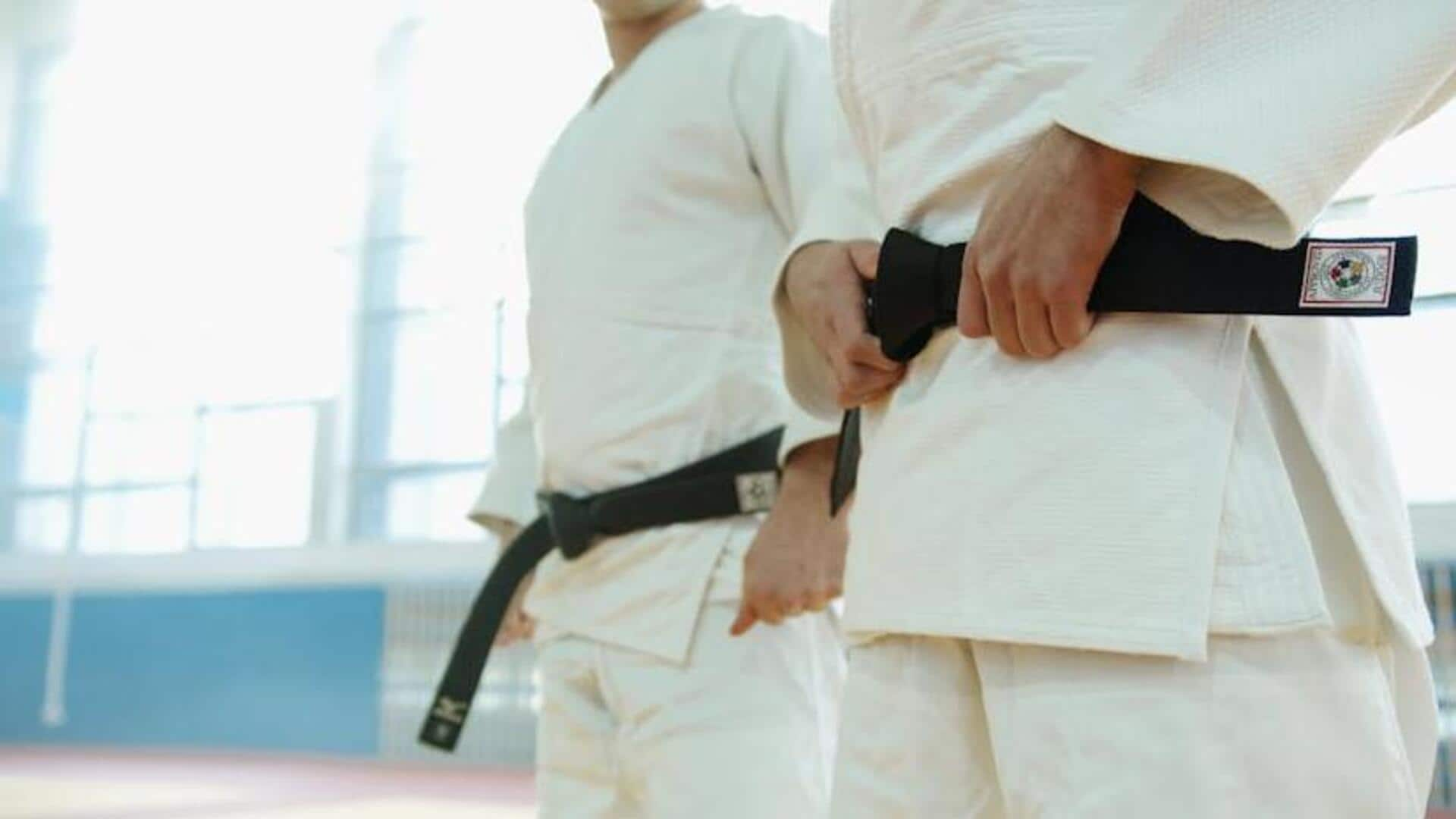
Hosting an enlightening self-defense skills day event
What's the story
Hosting a self-defense skills day event is a great way to equip people with the tools and knowledge they need to stay safe. This blog post offers a step-by-step guide to planning a successful event, with tips on choosing the right instructors, fostering a positive and inclusive atmosphere, designing sessions for different skill levels, and making sure everyone walks away with practical, real-world applications.
Instructors
Choose qualified instructors
The success of your self-defense day hinges on the quality and dynamism of your instructors. Seek out professionals with a solid martial arts or self-defense training background who also have the knack to captivate attendees of all ages and experience levels. They should be able to impart not only techniques but also awareness and confidence-building strategies.
Environment
Create an inclusive environment
A welcoming environment is key to making everyone feel comfortable and included. This involves selecting a venue that is wheelchair-friendly and accessible for people with disabilities, providing sessions for all age groups (children, teenagers, adults, and seniors), and also thinking about women-only sessions. Foster a supportive and positive atmosphere where questions are welcomed and everyone's comfort level is prioritized.
Tailoring
Tailor sessions to various skill levels
Not all attendees will have the same level of physical fitness or prior experience in self-defense. To address this, structure your event with multiple sessions differentiated by skill level: beginner, intermediate, and advanced. This way, attendees can select the session that aligns with their abilities. Plus, everyone gets to learn at a comfortable pace without feeling overwhelmed or bored.
Application
Focus on practical application
While understanding the theory is crucial, the true benefit of a self-defense skills day comes from hands-on practice. Make sure each session provides plenty of opportunities for attendees to actively practice techniques under the supervision of instructors. Create scenarios that mimic real-world situations where they might need to use these skills. This active approach reinforces learning and builds confidence in one's ability to apply these techniques if needed.
Learning
Promote ongoing learning opportunities
Encourage attendees to continue practicing self-defense beyond your event by providing information on local classes or online resources where they can further their training. Emphasizing the importance of regular practice reinforces the idea that self-defense is not just about learning specific moves but developing a mindset geared towards personal safety and empowerment.